
A smorgasbord of international cinematic treasures was on offer at this year's festival.
As an indication of its ever-growing stature on the international film festival circuit, the current artistic director of Switzerland’s Locarno Festival for many years, Carlo Chatrian, has been snapped up to help programme the bigger Berlin Film Festival from 2020. As such, the 71st edition of Locarno seemed to have a bittersweet quality for the talkative festival veterans, as things might be very different next year. Even so, 2018 lived up to expectations of the event as an exciting space for new arthouse fare and as a celebration of older cinema that takes more offbeat choices in terms of paying tribute. We were particularly touched by the inspired choice to give the honorary Vision Award to title sequence designer Kyle Cooper (Se7en, among many credits), and not just because it gave programmers an excuse to screen Sam Raimi’s first Spider-Man film from a 35mm print.
Our personal highlight was the wealth of delights in the festival’s extensive retrospective of American filmmaker Leo McCarey, particularly a screening of The Awful Truth (1937) that had a packed audience in hysterics. That said, the new films on offer were hardly lacking in quality. In an unranked order, here are nine premiering feature highlights, plus one short. We should mention we were sadly unable to catch Mariano Llinás’ 14-hour La Flor, perhaps the most publicised title in competition this year.
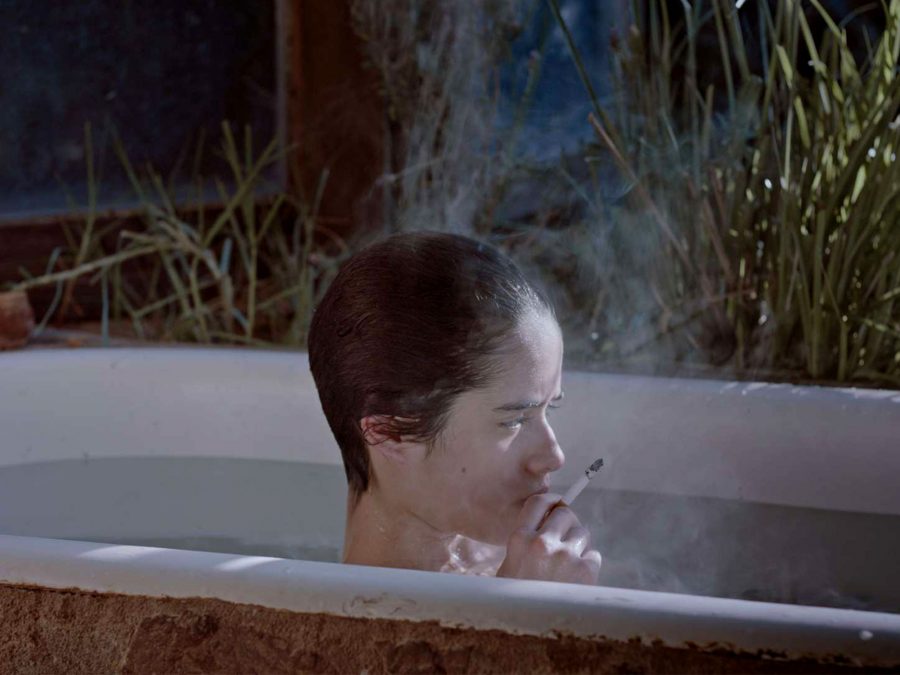
With Too Late to Die Young, Chilean writer/director Dominga Sotomayor makes her first hour-plus feature since promising calling card Thursday Till Sunday (2012), and it’s well worth the wait. Taking place in the early 90s after the end of the Pinochet regime, the film is set in a community living out in nature just below the Andes, where logistical concerns worry the adults, and yearnings for parts of life left outside the commune — including absent pets and parents –plague the younger residents. Although a collective portrait, the film is largely anchored by newcomer Demian Hernández as 16-year-old Sofia, whose performance epitomises Sotomayor’s skill both with directing actors and weaving character details gradually and discreetly into her narrative. The filmmaker received the Leopard for Best Direction in this year’s International Competition.
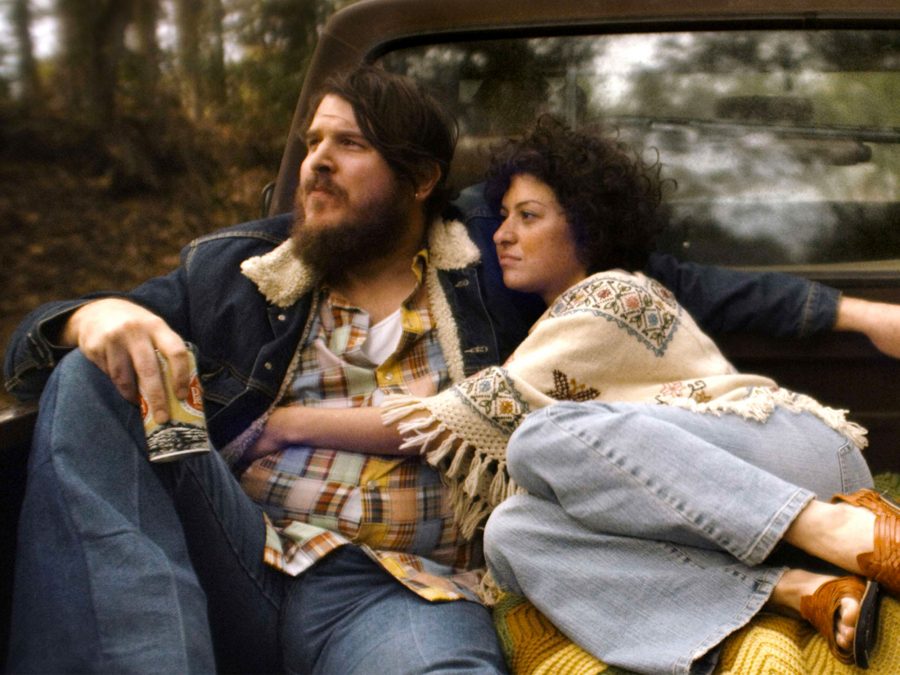
One of the few non-world premieres in this roundup, Ethan Hawke’s latest effort as a director and co-writer, Blaze, had already picked up positive notices since a bow at Sundance, before receiving its international premiere as part of Locarno’s nightly outdoor screenings in the Piazza Grande. A number of attendees likely turned up for the star wattage of Hawke introducing the film and receiving an honorary award beforehand. A biopic of a barely recorded musician still not well known nearly 30 years after his death, it’s a time-hopping portrait of country singer-songwriter Blaze Foley (played by Ben Dickey) that has an organic slice of life feel. As in Hawke’s collaborations with Richard Linklater, the disparate moments and small details are all part of the bigger picture of comprehending this frequently contradictory figure.
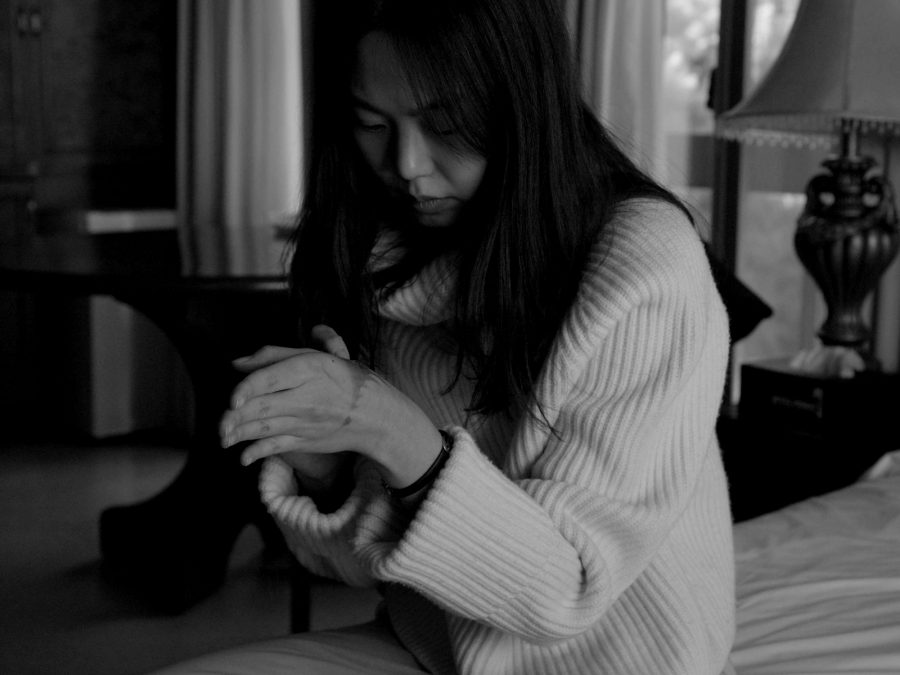
Hong Sang-soo’s second film this year alone picked up a Best Actor award for star Ki Joo-Bong. He plays a poet, Young-hwan, staying for free at a riverside hotel at the invitation of the owner. While there, he has the feeling he is not long for this world, and so calls for his estranged, bickering sons Kyung-soo (Kwon Hae-hyo) and Byung-soo (Yu Jun-sang), a film director, to visit him. Meanwhile, a young woman, Sang-hee (Kim Min-hee), is also passing days at the hotel, having recently broken up with her partner, and receiving support from friend Yeon-ju (Song Seon-mi). Young-hwan crosses paths with the two women, becoming inspired by them for his poetic musings. Shot in gorgeous black and white with snowy backdrops, this hits all the comedic and dramatic sweet spots established Hong fans will appreciate, though a quite off-brand development in the final few minutes means it sticks out among the highly prolific filmmaker’s recent efforts.
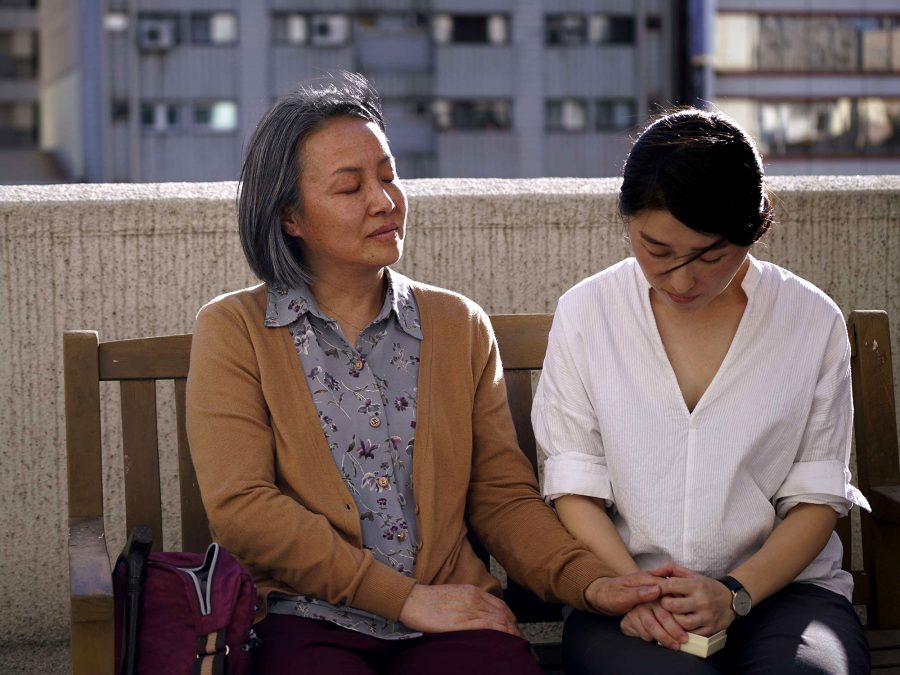
While a number of the autobiographical films scattered in the Locarno line-up focused on alternate versions of a director’s youthful experiences (such as Too Late to Die Young), A Family Tour operates as a parallel to its Chinese director’s very recent past. Six years ago, Ying Liang made When Night Falls, a dramatization of a mishandled trial that had sparked protests on behalf of the man wronged by rough justice. Unsurprisingly, the film was not well-liked by the Chinese government, and the dissident director exiled himself to Hong Kong. In his follow-up feature, a female independent filmmaker has been working in exile in Hong Kong for five years after she is similarly targeted for government suppression. Invited to a film festival in Taiwan, she uses this pretext to bring her ill mother over from the mainland, so that she can covertly meet the grandchild she’s never seen. A film imbued with restrained pain.
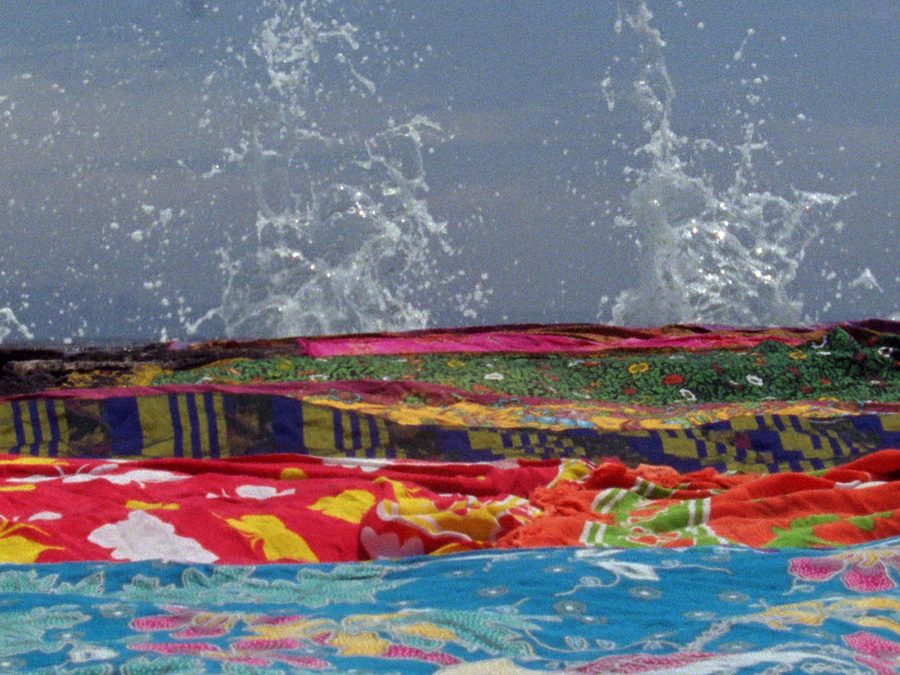
A highlight of Locarno’s experimental Signs of Life strand, Jodie Mack’s feature debut is barely an hour in length but takes you around the world in that time in such a way quite unlike anything else out there. A travelogue stop-motion animation shot on 16mm, it is, to describe it somewhat reductively, an extended montage of mundane objects – mostly textiles – brought to life through movement against backdrops in the real world, set to a rhythmic mixtape. This might sound like an excessively long music video, but there’s a formidable generosity of spirit to the film, which conveys so much about the patterns and construction of the world with nary a human face or sound to be seen or heard. It might also be one of the most danceable movies ever made. The toe-tapping qualities are powerful enough while sat in a screening room, but any enterprising programmers would be wise to put this on in a club.
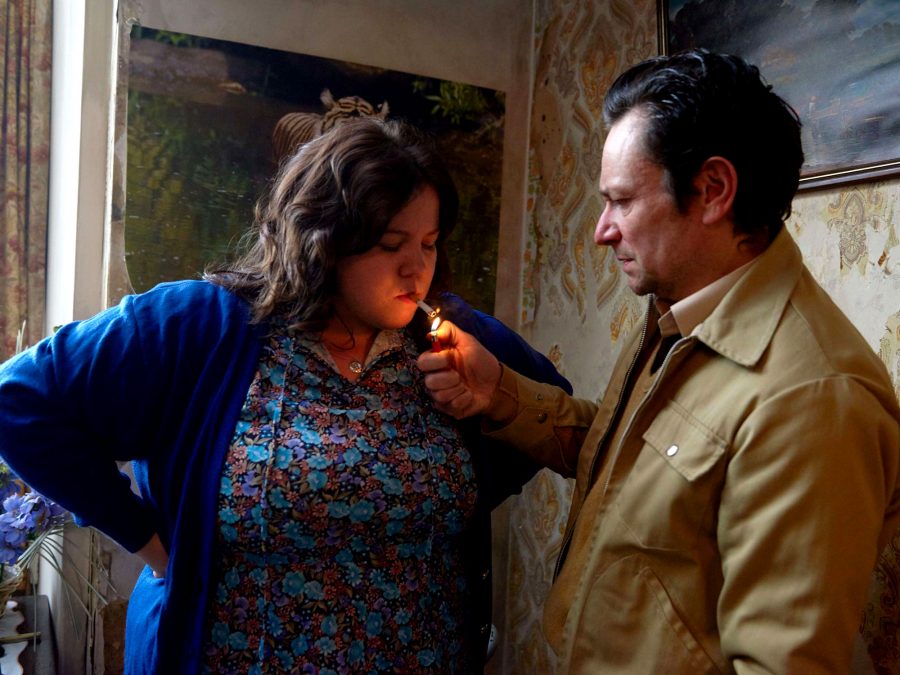
Richard Billingham’s debut feature brings to life his celebrated photo series of his parents and troubled childhood spent in Thatcher-era Birmingham. Billingham as a young man isn’t the protagonist though, and, despite the title, nor are parents Ray & Liz, even though there’s a framing device with an elderly Ray confined to a tower-block bedroom, getting sozzled off bottles of an unidentifiable brown substance. The film is a series of time-hopping vignettes that combine gallows comedy with tense drama, with both modes concerning the looming threat of physical danger for both adult and child parties. One of the most rhythmically interesting and visually textured kitchen sink titles in quite some time, the film’s overall tone resembles a combination of the seemingly incompatible styles of Terence Davies and Jonathan Glazer, the latter’s regular DoP Daniel Landin evoking a memorable scene of baby peril from Under the Skin at certain points in Ray & Liz.
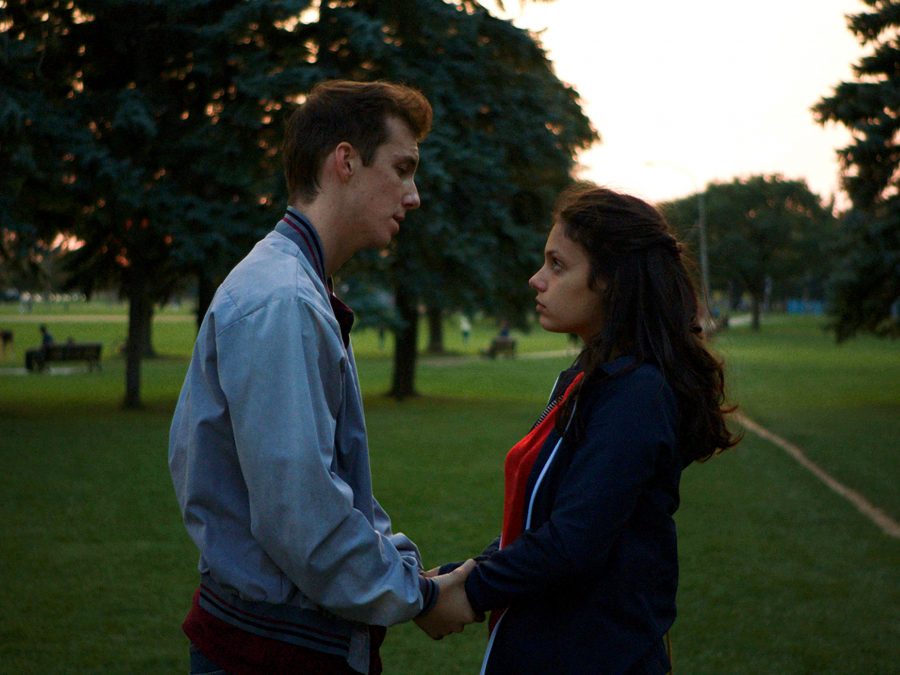
Quebecois writer/director Philippe Lesage follows his well-regarded The Demons (2015) with another structurally playful narrative about young protagonists. For the majority of the film, we follow the separate stories of two teenage step-siblings – Guillaume (Théodore Pellerin) and Charlotte (Noée Abita) – as they navigate romantic travails; she with a succession of unfulfilling male suitors, he with coming to terms with his sexuality in an all-boys boarding school. Then, a curveball, as Lesage’s final act focuses on completely new, even younger characters at a summer camp. Not every step he takes is agreeable: to name one, the harrowing note Charlotte’s story ends on is troubling in light of the lack of exploration of its consequences, especially given the intimacy and empathy inherent in the film’s execution beforehand. Despite this sour note, there is still much to enjoy in the film as a whole, particularly its examination of self-compromise in the pursuit of desire.
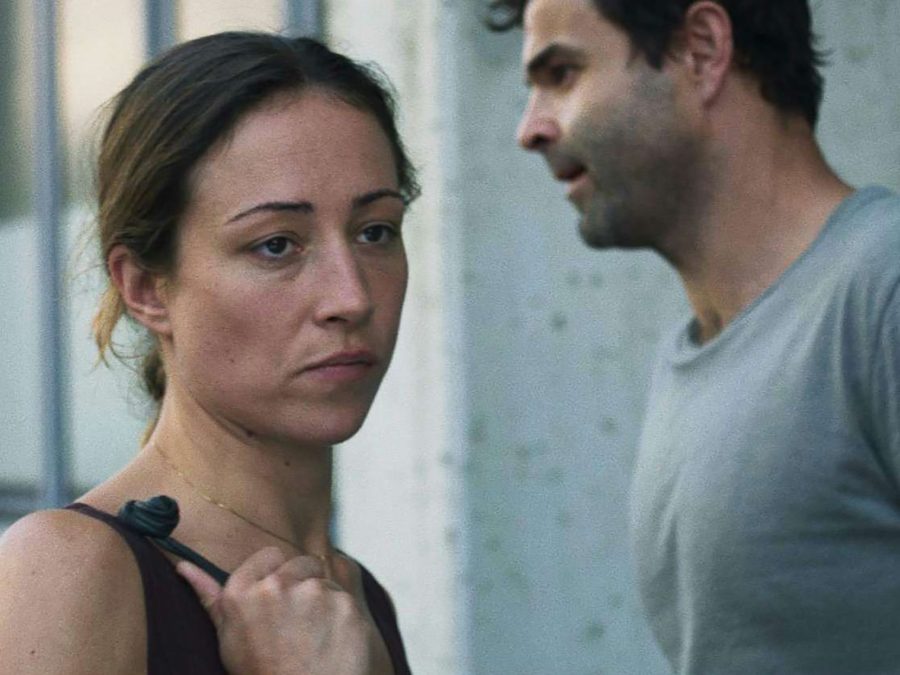
The title describes lead character Janne’s approach to most inconveniences presented to her; you won’t have problems if you don’t go turning things into problems. Disturbingly, this attitude extends to Janne’s rape by an ex-classmate after a school reunion. The rape, half-heartedly resisted in the moment, is almost not an inciting event in a way, as to Janne it seems like a strangely fitting nadir to the myriad fractured relationships with men in her life; almost like it was bound to happen. She keeps quiet, but she can only repress her growing disgust and fury for so long, especially as her apologetic rapist continues to appear in her life, turning out to the be the brother-in-law of her boss. A worthy winner of the Best First Feature prize, German director Eva Trobisch’s drama burns with palpable anger, anchored by a nuanced, intelligent turn from Aenne Schwarz that helps swerve any concerns of plausibility about certain conveniences in its plotting.
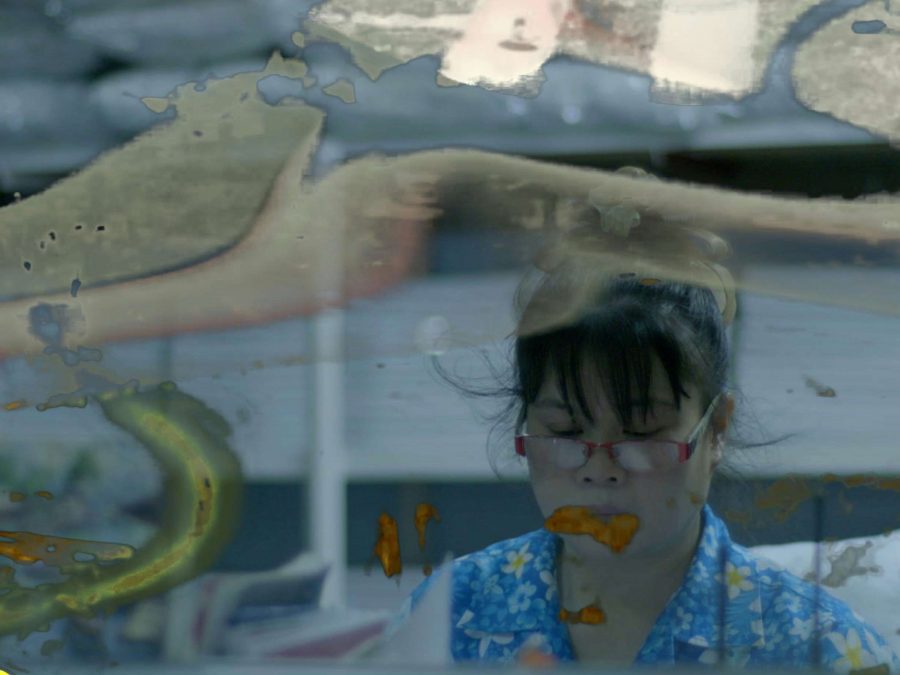
In light of the still relatively short running times of the features showing in the festival’s Signs of Life strand, many were paired up in double bills. Mack’s The Grand Bizarre was preceded by A Room with a Coconut View, ‘a video by’ Thai filmmaker Tulapop Saenjaroen. The pairing proved very appropriate, as Coconut View is also a travelogue conveyed through unconventional means. Visually presented in the guise of an interactive hotel video or software, with the odd surreal flourish, it follows the rapport between a hotel rep’s automated voice and a foreign guest looking to discover more about the Thai beach town of Bang Saen than is available to them in the regimented tour they’re being provided. Thanks in part to both ‘characters’ sounding like computers, this short provided some of the funniest deadpan comedy across the whole festival.
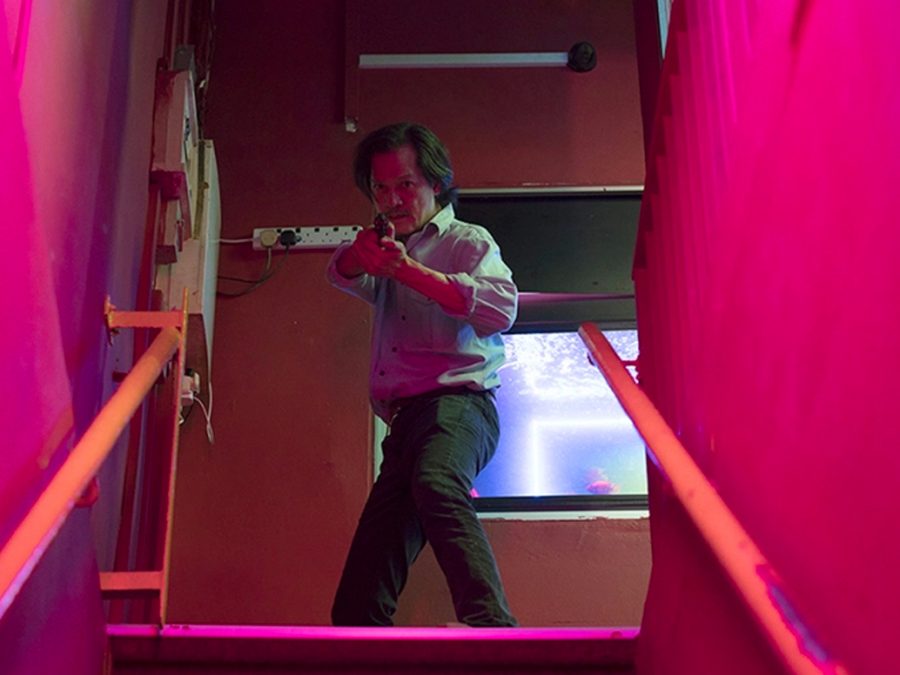
Winner of the Golden Leopard for Best Film, Yeo Siew Hua’s A Land Imagined proved to be one of the more slippery narrative titles in competition. At first it seems a fairly standard, neon-soaked industrial noir set in Singapore. It starts with a police detective, Lok (Peter Yu), investigating the disappearance of Chinese migrant Wang (Liu Xiaoyi), who had been working on a land reclamation site. Lok starts having dreams as though he is Wang, and the film then either jumps back in time or swaps plane of reality to follow Wang’s perspective up until his supposed disappearance. It’s probably unwise to assume a director’s affinity for another’s work based on similarities to their own, but we suspect jury president Jia Zhang-ke may have been especially fond of this film’s mix of vaguely dystopian fiction and look at how a country’s progress screws over the workers who get lost in the shuffle.
Published 17 Aug 2018
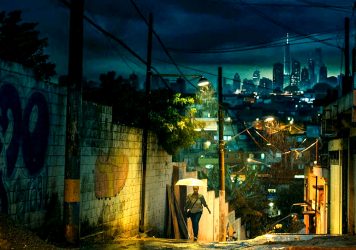
By Matt Turner
Good Manners and Once it Was Brasilia were among the highlights of this year’s festival.
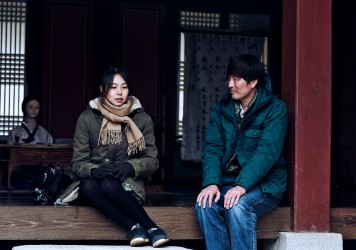
By Matthew Eng
The latest from South Korea’s Hong Sang-soo is a romance so lovely it needs to be told twice.